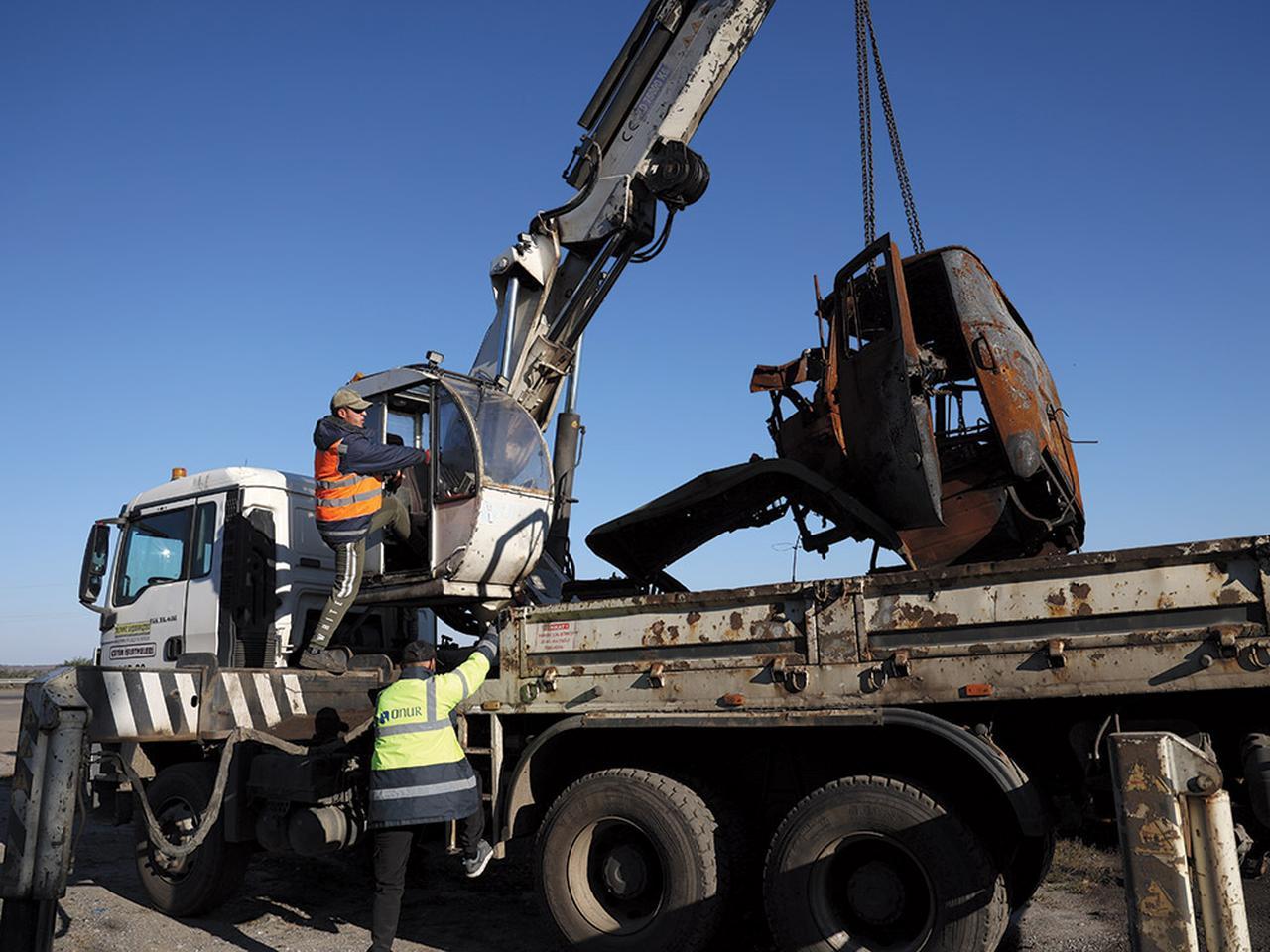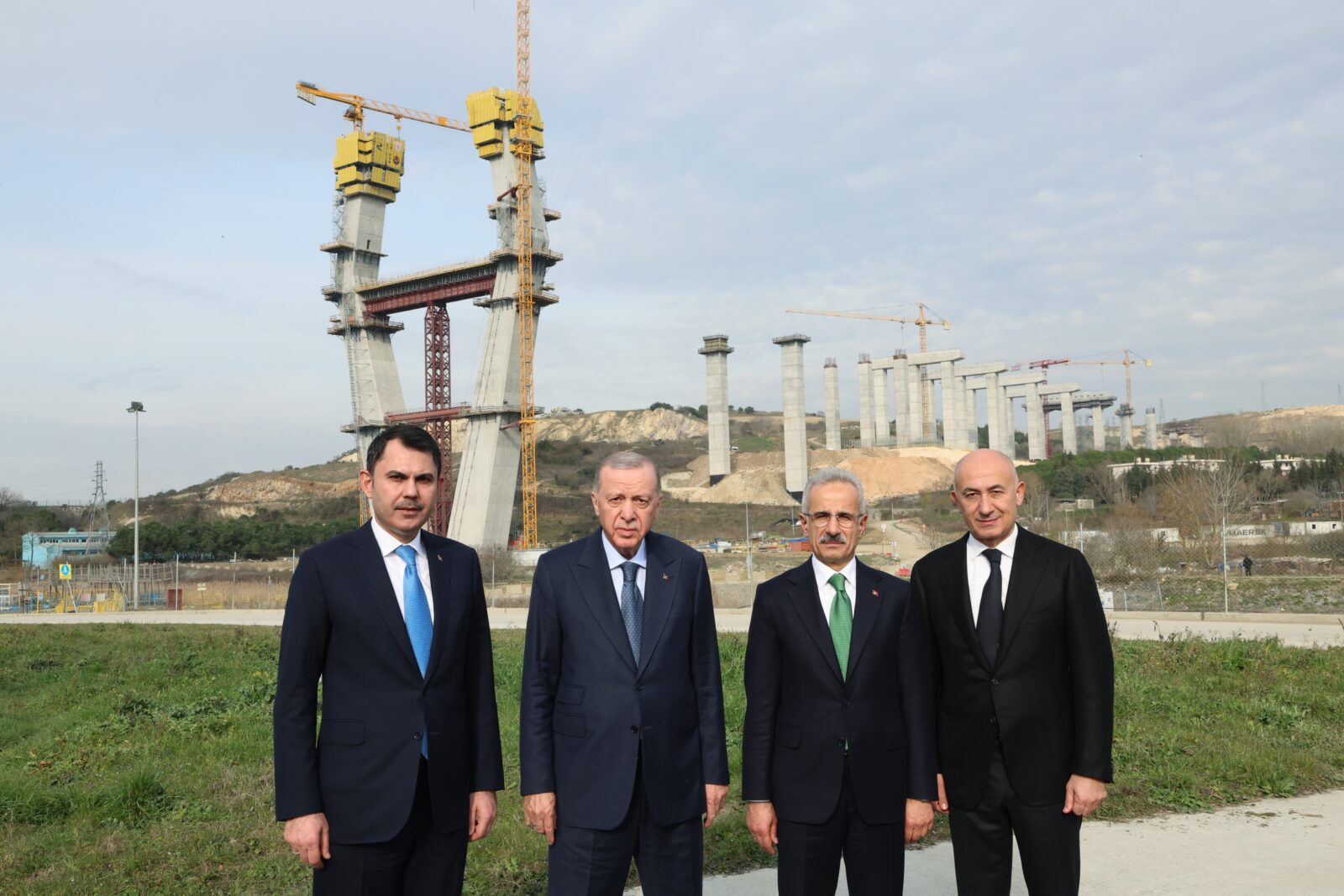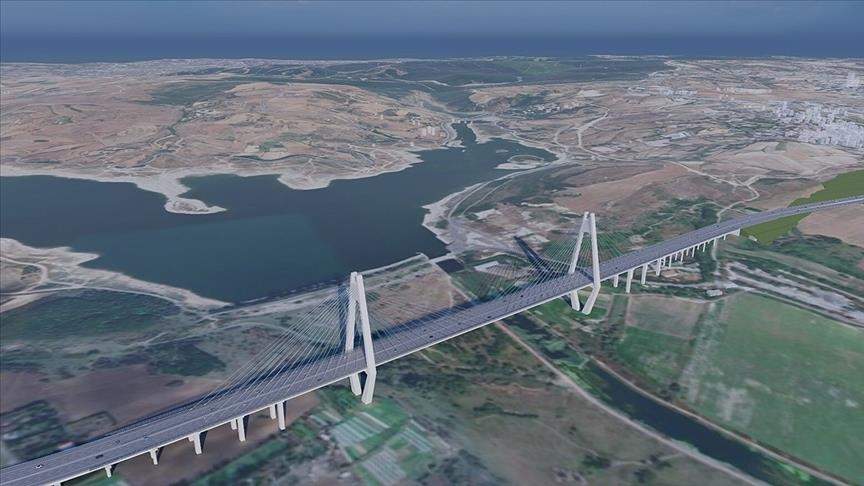
The Istanbul Canal has become a hot topic once again in Turkish politics. Imprisoned former Istanbul Mayor Ekrem Imamoglu, who turned his opposition to the project into his main political agenda, has seen his party follow suit and voice strong discontent against the current construction work in the Istanbul Canal project zone.
The government reminds the public of the opposition's past resistance against Istanbul Airport and Istanbul’s Third Bridge and asserts that their current futile struggle against the canal will not succeed like the previous ones. The government genuinely thinks that main opposition Republican People's Party (CHP) is against anything that will make Istanbul move forward. I, for one, think that if Imamoglu were president, he would do anything to realize this grandiose project.
One interesting note that you may not know: The opposition aims to utilize the anti-Arab sentiment prevalent in the secular camp of the political spectrum. The main opposition camp argues that the project is for Qatar, not for Türkiye, as Qatari businesspeople purchased large land in the project zone. Here again, a culture war arises between people who see Qatari investment as a normal foreign investment and those who perceive it as a major problem due to a cultural shock and their perception that Arab countries consist of “backward people with a sinister agenda and money on hand.” Do they know that almost all the European leaders are spending countless hours to receive Gulf investments to support their ailing economies?

You may have heard of the Istanbul Canal in recent years, as it was a hot topic before the presidential elections. However, the project has been on the government agenda since 2011. First announced by then-Prime Minister Recep Tayyip Erdogan, the project is presented by the government as a strategic and economic initiative. However, it has drawn sharp criticism from environmentalists, urban planners, economists, and opposition politicians, most notably Imamoglu.
The former mayor Imamoglu turned his anti-canal stance into one of his major policies. He calls it a “betrayal of Istanbul” and argues that it endangers the city’s environment, heritage, and future. Since taking office in 2019, Imamoglu has launched public awareness campaigns and legal challenges against the project.
The government’s biggest problem has been not developing a precise justification for why the Istanbul Canal is needed. They argue that the Istanbul Canal is necessary for both safety and economic growth. The ship traffic on the Bosphorus, or future revenue from the ships passing through the canal is not affecting the daily lives of Istanbulites. It turned into a PR disaster when the government said there will be no ship accidents on the Bosphorus after the Istanbul Canal. Simply put: No one cares about ships colliding on sea because they are rare, and have little impact on the general public.

Another key argument involves the legal limitations imposed by the Montreux Convention. While the government says it will continue to respect the treaty, Erdogan has hinted that ships using the canal could be charged passage fees, unlike in the Bosphorus, where passage is mostly free for commercial ships under Montreux rules.
All in all, amid the current economic crisis, no justification for the Istanbul Canal seems convincing to the Turkish public as it requires allocation of billions of dollars in state resources and as Türkiye has an earthquake reality. For the government, connecting the Istanbul Canal to Türkiye’s independence and sovereignty may be the best way to convince the public.